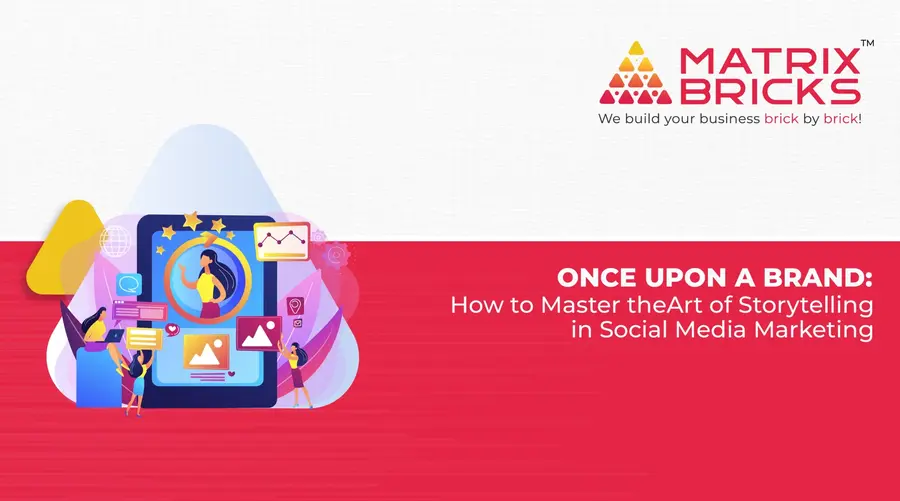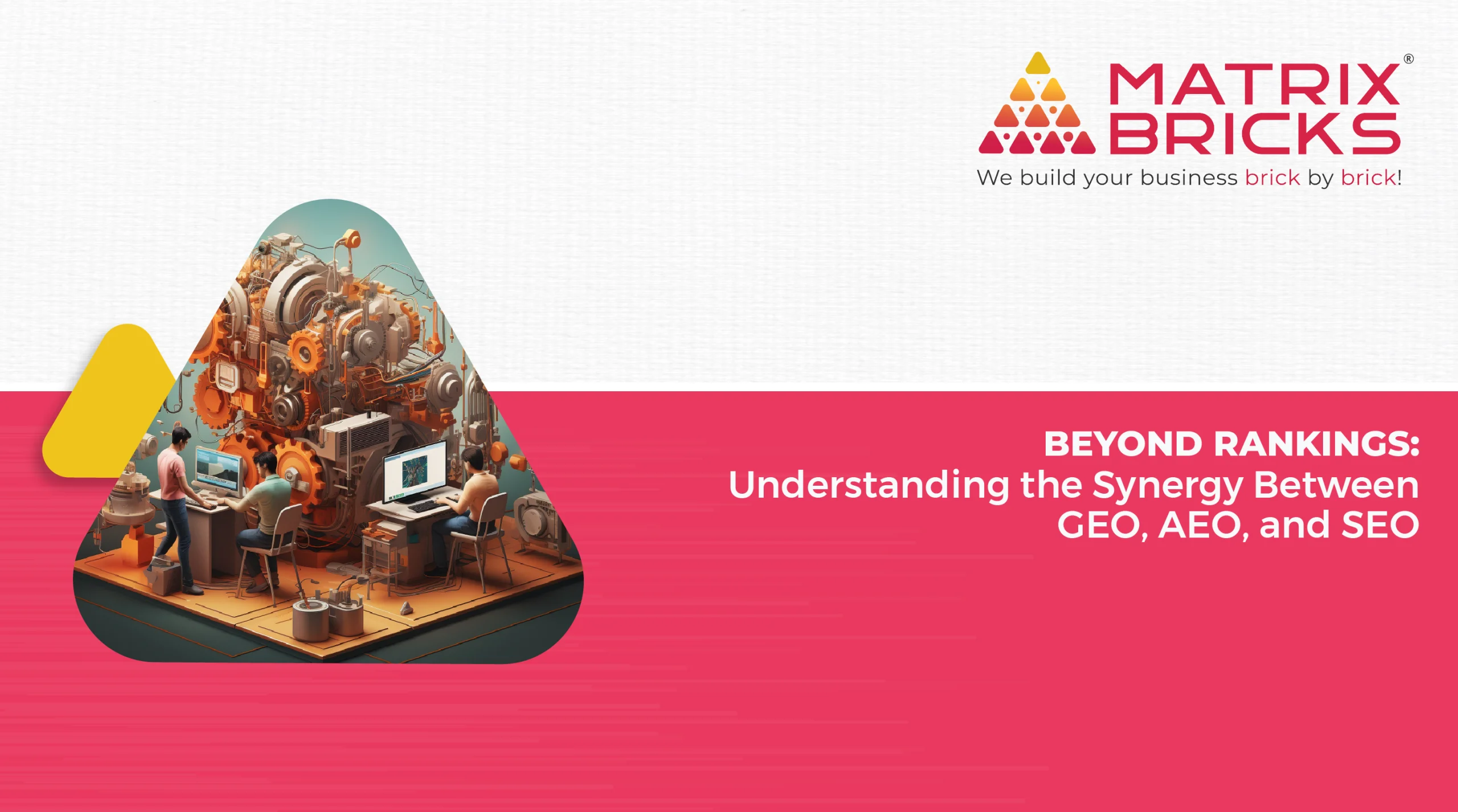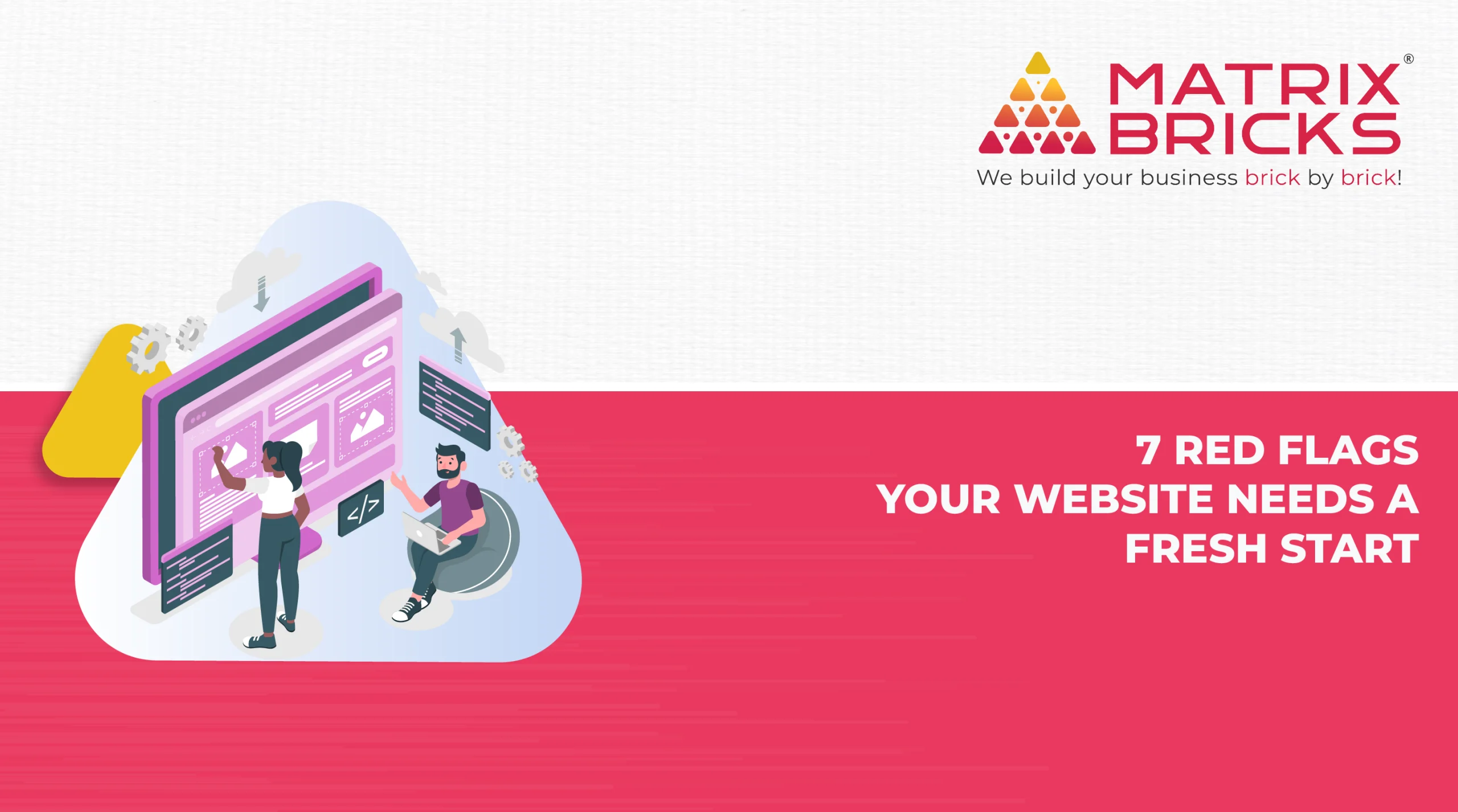Digital transformation in UAE is the comprehensive integration of digital technology into every aspect of a business, leading to fundamental changes in how organizations operate and deliver value to customers. In the context of the UAE, digital transformation is not merely a trend; it has become a necessity for businesses seeking to thrive in an increasingly competitive and digital-first economy.
The essence of digital transformation goes beyond simply adopting new technologies; it encompasses a cultural shift that promotes continuous innovation, experimentation, and adaptability. Organizations must reevaluate their processes, customer interactions, and overall business models to effectively leverage the benefits of digital technologies. As a result, many businesses are engaging digital transformation companies in UAE to guide them through this complex journey, enabling them to transition from traditional methods to more dynamic, evolving practices.
According to recent statistics, 69% of IT decision-makers primarily view digital transformation as a strategy to improve process efficiency. This insight highlights the growing recognition of digital transformation as a means to not only enhance productivity but also to drive sustainable growth. In the UAE, the government’s commitment to fostering a digital economy further emphasizes the importance of this transformation. Initiatives like the Dubai Smart City project and the UAE Vision 2021 aim to position the nation as a global leader in innovation and technology.

Our Approach
We believe that successful digital transformation starts with understanding our clients’ unique needs and challenges. Our approach focuses on developing tailored solutions that align with each organization’s specific goals.
We emphasize collaboration, engaging with stakeholders at all levels to ensure that our strategies resonate with the broader vision of the business. Our experienced team conducts thorough assessments to identify opportunities for improvement, leveraging best practices in technology and process optimization.
Through continuous support and guidance, we help organizations implement the right solutions, monitor progress, and adapt to changing circumstances. Our goal is to empower businesses to thrive in the digital age while maximizing their return on investment through digital transformation services in UAE.
Benefits of Digital Transformation Services
Increased Efficiency
Improved Customer Experience
Data-Driven Decision Making
Enhanced Agility
Cost Savings
Innovation
Collaboration and Communication
Market Competitiveness
Investing in these services can lead to several key benefits for businesses, including
Enhanced Efficiency
By automating processes and leveraging data analytics, organizations can streamline operations, reduce costs, and improve overall productivity.
Improved Customer Experience
Digital tools allow businesses to offer personalized services and products, leading to higher customer satisfaction and loyalty.
Increased Agility
With access to real-time data and insights, businesses can respond more swiftly to market changes and customer needs.
Better Decision-Making
The use of data-driven insights enables organizations to make informed strategic decisions that align with their goals.
Methods in Digital Transformation



Product Engineering
Generative AI
Cloud Solutions
DevOps
Data Engineering
Cyber Security
IoT Solutions
Robotic Process Automation
Get Your Free Audit Now!
Frequently asked questions
What is Digital Transformation?
Why is Digital Transformation important for businesses?
What are some examples of Digital Transformation initiatives?
How do Digital Transformation companies help businesses?
What services do Digital Transformation companies offer?
How can businesses choose the right Digital Transformation solution?
What are the benefits of partnering with a Digital Transformation agency?
How long does a typical Digital Transformation process take?
What challenges do businesses face during Digital Transformation?
What are some common misconceptions about Digital Transformation?
Client Testimonials












